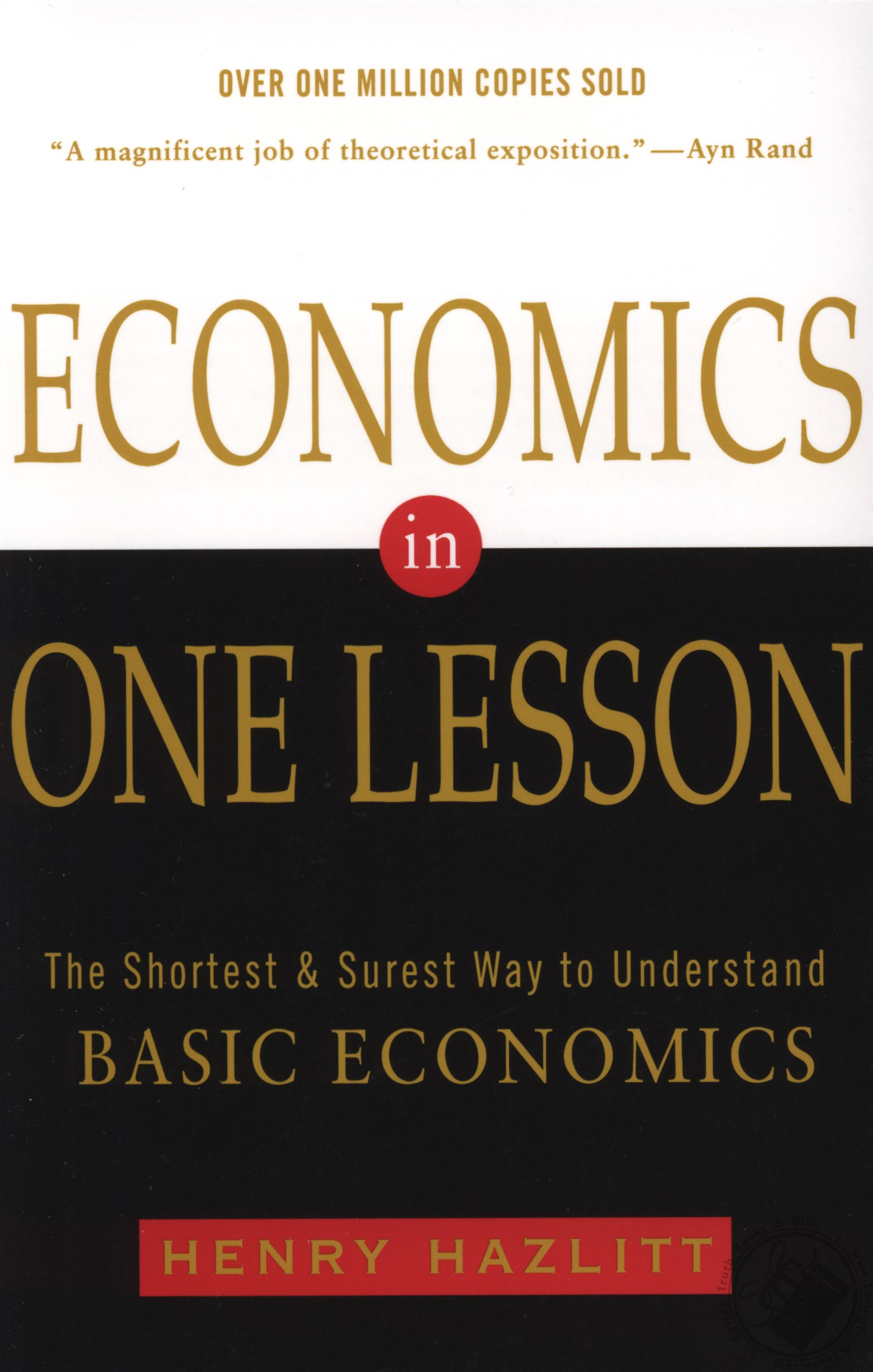
Stefanie Stantcheva Wins John Bates Clark Medal
Stefanie Stantcheva is a trailblazing economist at Harvard, having recently been honored with the prestigious John Bates Clark Medal for her significant contributions to the field of economics. As the Nathaniel Ropes Professor of Political Economy, her groundbreaking research on tax policy innovations and public finance economics has garnered attention for its influence on economic behavior. In her celebrated work, Stantcheva delves into how tax systems can strategically foster innovation or stifle economic growth, a critical issue for policymakers today. Her accolades not only highlight her individual accomplishments but also reflect the broader excellence of Harvard’s economics department. With a keen focus on the interplay between taxation and innovation, Stefanie Stantcheva is undoubtedly shaping the future of economic research and policy design.
In the realm of economic scholarship, few figures shine as brightly as Stefanie Stantcheva, especially following her receipt of the esteemed John Bates Clark Medal. This recognition not only underscores her pivotal role in exploring the dynamics of fiscal policy and its broader implications but also accentuates her innovative approaches to public finance and economic behavior research. Stantcheva’s contributions reveal the intricate connections between taxation systems and their ability to either spur or hinder innovation, raising crucial questions for modern economies. Her work at Harvard, particularly within the Social Economics Lab, positions her at the forefront of examining how economic policies interact with public sentiments and actions. As she continues to push the envelope in understanding these relationships, the economic community eagerly anticipates her future insights.
Stefanie Stantcheva: A Rising Star in Economics
Stefanie Stantcheva has made remarkable contributions to the field of economics, earning her the prestigious John Bates Clark Medal in 2025. This accolade is awarded to economists under 40 who have significantly impacted their field with innovative research and insights. As a professor at Harvard, Stantcheva has distinguished herself through her exploration of public finance and tax policy, delving into how these factors influence economic behavior. Her commitment to understanding the intricate relationship between taxation and innovation has established her as a leading voice in contemporary economic discourse.
In her research, particularly highlighted in her 2022 paper “Taxation and Innovation in the 20th Century,” Stantcheva demonstrated that tax policy changes can dynamically affect levels of innovation. Her findings revealed that while higher taxes may deter the quantity of innovation produced, they do not necessarily dampen the quality of inventions. This nuanced understanding has significant implications for policymakers aiming to create tax systems that encourage economic growth and foster innovation.
Impact of Tax Policy Innovations on Economic Growth
Tax policy is not just a mechanism for revenue collection; it plays a crucial role in shaping economic growth and innovation. Stantcheva’s research underscores that effective tax systems can incentivize entrepreneurial activity and stimulate innovation, particularly in a rapidly evolving economic environment. By analyzing the elasticity of innovation in response to tax changes, she provides invaluable insights that can inform future tax policy innovations aimed at bolstering the economy.
Moreover, Stantcheva’s work emphasizes the necessity for continuous reassessment of tax structures in the context of modern challenges like climate change and social mobility. These pressing issues require innovative tax solutions that not only fund public initiatives but also drive forward-looking economic behavior among individuals and businesses. Her contributions align with the broader goals of public finance economics, highlighting the delicate balance between taxation and fostering a vibrant economic landscape.
The Importance of Public Finance Economics
Public finance economics is a critical area of study that explores how government policies impact economic health and individual behavior. Through her work, Stantcheva sheds light on the foundational principles of public finance and the practical implications of tax policy on innovation. This field encompasses various elements, including taxation, government spending, and regulation, all of which play pivotal roles in shaping economic outcomes at local, national, and global levels.
The insights garnered from public finance research, particularly in the context of Stantcheva’s findings, can guide policymakers in crafting effective strategies that promote not only fiscal responsibility but also equitable economic growth. By understanding how different tax policies affect behaviors such as investment in innovation and entrepreneurship, economists and legislators can collaborate to develop approaches that enhance overall economic welfare.
Exploring Economic Behavior Research
Economic behavior research involves analyzing how individuals make decisions based on various stimuli, including economic policies. Stefanie Stantcheva’s work is particularly relevant in this arena, as it combines rigorous economic analysis with human behavior insights. Her focus on the interplay between emotions and economic decision-making opens new avenues for understanding how tax policies can be better designed to align with human psychology, thereby enhancing their effectiveness.
In her initiatives at the Social Economics Lab, Stantcheva investigates critical themes such as zero-sum thinking and its impact on public support for economic policies. By exploring how people perceive economic issues and policies emotionally, she aims to provide a comprehensive framework that informs policymakers about the social dimensions of economic behavior. This approach is vital to creating tax systems that not only generate revenue but also gain public acceptance and compliance.
Recognizing the Contributions of Young Economists
The John Bates Clark Medal serves as a beacon for recognizing the achievements of young economists like Stefanie Stantcheva, whose innovative ideas are shaping the future of economics. This accolade not only honors outstanding individual achievements but also brings attention to the vital contributions young scholars make to the field. As the economic landscape continues to evolve, it is essential to highlight the work of emerging economists who are tackling contemporary challenges through novel approaches.
Stefanie’s achievement reflects the continued strength of Harvard’s economics department and its commitment to fostering future leaders in the field. By awarding the Clark Medal, the American Economic Association not only encourages young economists to pursue their research but also emphasizes the importance of innovative thinking in addressing real-world problems. As Stantcheva illustrates, fresh perspectives are crucial in evolving economic policies that cater to the complexities of today’s global economy.
The Role of Harvard Economics in Shaping Thought Leaders
Harvard University has historically played a significant role in producing thought leaders in economics. With a strong emphasis on rigorous academic research and practical applications, the university nurtures scholars like Stefanie Stantcheva, who are poised to influence economic policy and public finance discussions. The environment at Harvard encourages collaboration and interdisciplinary approaches, fostering a culture where innovative ideas can flourish.
As a recipient of the John Bates Clark Medal, Stantcheva exemplifies the caliber of economists cultivated at Harvard. Her engagement with diverse topics, such as trade, immigration, and climate change, demonstrates the university’s commitment to engaging with pressing global issues. The economics department’s dedication to supporting research that bridges theory and practice underscores Harvard’s influential role in shaping the future of economic thought and policy.
The Future of Tax Policy and Innovation
As the global economy faces unprecedented challenges, the future of tax policy will be paramount in shaping innovation landscapes. Stefanie Stantcheva’s research highlights the necessity for adaptive tax systems that respond to ongoing changes in technology and societal needs. Policymakers must consider how emerging technologies, such as artificial intelligence and renewable energy, will require innovative tax approaches that not only generate revenue but also stimulate economic growth.
By focusing on the dynamic relationship between tax policy and innovation, Stantcheva provides a framework for understanding how taxes can be structured to foster resilience and adaptability in the economy. This proactive approach to tax policy design not only supports current innovations but also anticipates future needs, ensuring that economic systems are equipped to thrive in an ever-evolving global landscape.
Celebrating Economic Innovations and Their Impact
The recognition of Stefanie Stantcheva with the John Bates Clark Medal serves as a testament to the importance of celebrating economic innovations. Her groundbreaking work in tax policy and public finance economics has opened new avenues for understanding how economies function and thrive under changing conditions. By investigating the impacts of tax systems on innovation, Stantcheva’s contributions reinforce the critical role of economic research in shaping effective policies.
Celebration of achievements in economics not only honors individual scholars but also inspires future generations to pursue research that addresses complex issues. The continued advancement in economic behavior research, spurred by innovators like Stantcheva, can lead to a deeper comprehension of how policies can positively impact society. As the discipline evolves, it is crucial to recognize and support the visionary thinkers who will redefine the economic landscape.
Challenges and Opportunities in Economic Research
The path of economic research is not without challenges, particularly in navigating the complexities of public finance and tax reform. Stantcheva’s work exemplifies how economists can tackle these difficulties by providing empirical evidence and theoretical frameworks that inform policy discussions. Facing uncertainties, such as globalization and climate change, researchers must continuously adapt their methodologies to capture the evolving economic landscape.
Yet, within these challenges lie significant opportunities for innovation and creative problem-solving. By embracing interdisciplinary collaboration and leveraging technology, economists can develop rigorous research that directly addresses contemporary issues. Stefanie Stantcheva’s achievements highlight the essential role of innovative thinking in overcoming barriers and fostering a vibrant economic future.
Frequently Asked Questions
What contributions did Stefanie Stantcheva make to earn the John Bates Clark Medal?
Stefanie Stantcheva received the John Bates Clark Medal for her pioneering work in public finance economics and tax policy innovations. Her research includes significant findings on how tax systems impact economic behavior, particularly regarding innovation, demonstrating that innovation is highly elastic to changes in tax policy.
How does Stefanie Stantcheva’s research impact our understanding of tax policy and innovation?
Stefanie Stantcheva’s research highlights the link between tax policy and innovation. Her studies show that a well-designed tax system can encourage innovation, while higher taxes can negatively affect the quantity of innovation, though not its quality. This insight is critical for policymakers aiming to enhance economic growth.
What role does Stefanie Stantcheva hold at Harvard, and how does it relate to her expertise?
Stefanie Stantcheva is the Nathaniel Ropes Professor of Political Economy at Harvard, where she specializes in public finance economics and tax policy innovations. Her position allows her to influence the field significantly, promoting research that informs economic behavior and policy design.
What was the focus of Stefanie Stantcheva’s paper ‘Taxation and Innovation in the 20th Century’?
In her 2022 paper ‘Taxation and Innovation in the 20th Century,’ Stefanie Stantcheva and her co-authors explored how changes in tax policy affect innovation. They found that higher taxes discourage the quantity of innovation while not adversely affecting the quality of inventions, emphasizing the elasticity of innovation to tax policy.
How has Stefanie Stantcheva contributed to economic behavior research?
Stefanie Stantcheva has significantly contributed to economic behavior research through her exploration of tax policy and its effects on innovation and social-economic issues. She founded the Social Economics Lab, focusing on how emotions and mindsets influence perceptions of economic policies, further expanding the understanding of economic behavior.
What are the implications of Stefanie Stantcheva’s work for policymakers?
Stefanie Stantcheva’s work emphasizes the importance of carefully designed tax policies that can foster innovation and positive economic outcomes. Policymakers can utilize her insights to create tax systems that stimulate economic growth while considering the nuances of economic behavior.
What is the significance of the John Bates Clark Medal in economics, and why is it important for Stefanie Stantcheva?
The John Bates Clark Medal is awarded to leading economists under 40 who have made significant contributions to the field. For Stefanie Stantcheva, receiving this award underscores her impactful research in public finance economics and tax policy innovations, marking her as a prominent figure in contemporary economics.
In what other areas of research is Stefanie Stantcheva involved?
Besides her work on tax policy, Stefanie Stantcheva is involved in research on trade, immigration, climate change, and social mobility. Her ongoing projects at the Social Economics Lab aim to understand how people’s mindsets, including emotions and perceptions of policies, affect economic realities.
| Key Point | Details |
|---|---|
| Award Received | John Bates Clark Medal, awarded for contributions to economics. |
| Research Focus | Pioneering insights on tax policy, innovation, and economic behavior. |
| Notable Findings | Innovation elastic to tax policy changes; higher taxes negatively affect innovation quantity. |
| Professional Role | Nathaniel Ropes Professor of Political Economy at Harvard University. |
| Initiatives | Founded Social Economics Lab in 2018; exploring economic issues further. |
| Future Research | Investigating the interplay between emotions and economic policy. |
Summary
Stefanie Stantcheva has made significant strides in the field of economics, particularly through her recent accolade, the John Bates Clark Medal. This prestigious award recognizes her groundbreaking research on tax policy and its profound implications for innovation and economic behavior. Her findings emphasize the delicate balance tax systems must maintain to nurture innovation while avoiding detrimental effects on economic activity. As an academic leader and the founder of the Social Economics Lab, Stantcheva continues to pave the way for future research that addresses pressing issues such as trade, immigration, and social mobility, making her a pivotal figure in contemporary economic discussions.


